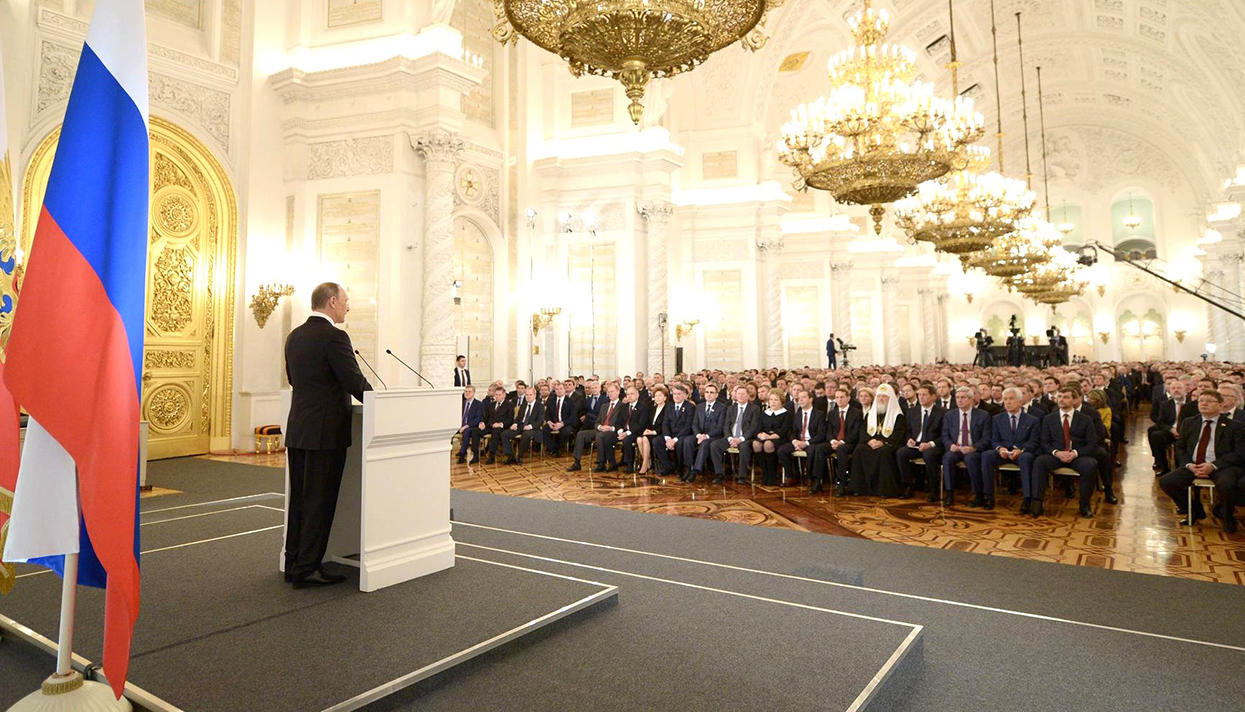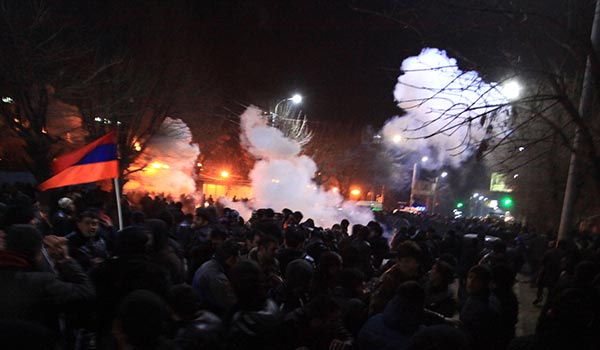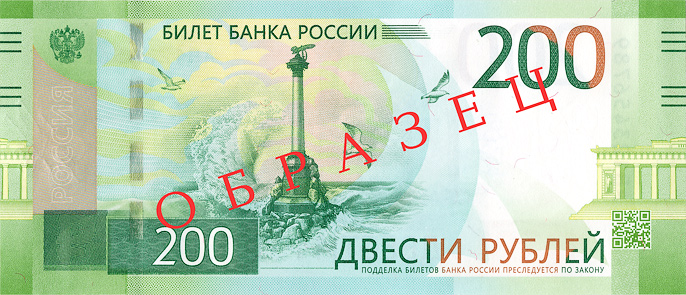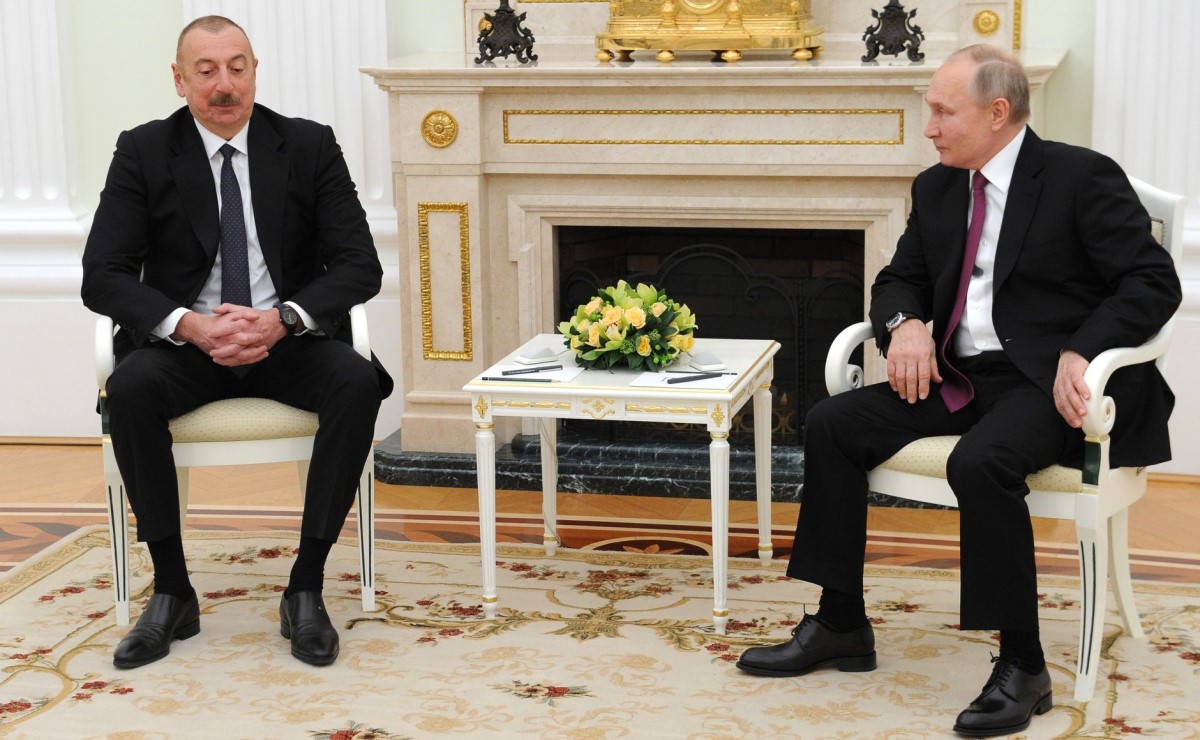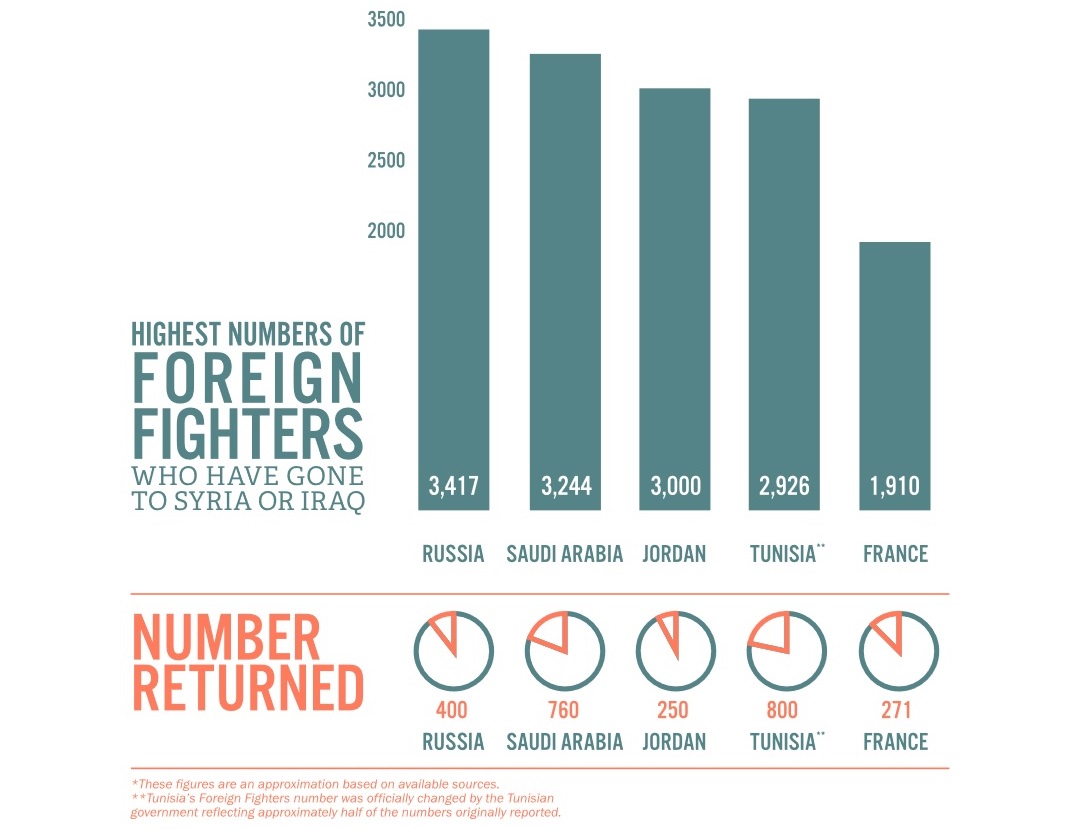In 1789, the Duke of Liancourt told Louis XVI that what the French king faced was “not a mutiny, Sire, but a revolution.” So too today, Armenian leader Nikol Pashinyan is moving against not corruption in the Western sense but against kleptocracy in which corruption is not a partial evil but the essence of the system.
And that distinction, one that is all too often “lost in translation,” Yerevan commentator Tigran Khzmalyan says, is the main reason behind Vladimir Putin’s anger about what is going on in Armenia today: It is not an attack on this or that corrupt figure but on the system on which the Kremlin leader operates.
As such, what Pashinyan is doing is for Putin even more of a threat than the declarations of leaders of other post-Soviet states that they want to reorient themselves away from Moscow toward the West because it is that and an attack on the kleptocratic principle that Putin has enshrined as the basis of his rule.
“Corruption in the Western understanding is unacceptable and dangerous thing but only PART of the socio-political system,” Khzmalyan points out. It can be more or less widespread depending on circumstances; but it is never the defining feature of the system. Instead, it is viewed as a danger to it.
Indeed, “in Russia and its satellites, there is no corruption. More precisely, there is no corruption there in the Western understanding of the word, as a separate phenomenon reflecting the group interests of one part of society set in opposition to the state as a whole,” Khzmalyan says. Instead, “corruption” is the essence of these states.
Because that is the case, the Armenian analyst continues, Russian Duma deputies like Mizulina, Markov and Yarovaya are “absolutely right when they openly and sincerely declare that the struggle with corruption is an attack on the sovereignty of Russia.”
Under their rule, “corruption is practically non-existent because the essence of these systems is corruption. More precisely, in such systems, there is nothing except corruption.”
“That is why any real struggle with corruption immediately is transformed into a struggle for power in the state and into a struggle for the very existence of the state,” Khzmalyan says. That is what Mikael Saakashvili did in Georgia: “he struggled not with corruption but with kleptocracy” – he almost succeeded and was attacked by Russia for that.
Pashinyan is now trying to do the same thing in Armenia, the analyst continues. “The arrest of Robert Kocharyan, the second president of the republic, is only formally connected with his criminal secret order 0038 of February 23, 2008 to direct the army against the people in violation of the constitution.”
Instead, the case against him is far larger because Kocharyan “was defending not just his own power but the very existence of the kleptocratic system which he created over the course of the ten years he was in office” and which was the basis of his ties with Putin in Moscow. All this will come out at his trial – and that is why the Kremlin is so angry.
And that makes what the Armenian leader is doing even more disturbing for the Russian leader.
Pashinyan, Khzmalyan argues, is not declaring that he is trying to take Armenia to the West: he is simply working to “destroy Asia in Armenia,” and that makes him doubly dangerous because “the struggle with corruption in this part of the world can only be a struggle with the kleptocracy. Everything else is simply tilting at windmills.”
Read More:
- Many Russians will welcome harsh Western actions against oligarchs, Skobov says
- Putin’s export of corruption — a key part of his hybrid war against the West, Babchenko says
- Why Putin can’t allow Ukraine to succeed and why the West must make sure it does
- Putin regime now entering its fifth and final phase, Yakovenko says
- By focusing on corruption alone, Russian opposition unwittingly helping Kremlin, Pavlova says
- Putin’s ‘secret weapon’ against the West – massive illegal cash hordes in foreign countries
- Criminal world customs increasingly inform Moscow’s actions, Yakovenko says
- Putin regime was a criminal one long before Crimea, the doping scandal shows
- Chekist regime and criminal world in Russia now ‘completely coincide,’ Portnikov says
- Putin’s Russia well on its way to ‘criminal neo-totalitarianism’ with a ‘neo-terror’ and a ‘neo-GULAG,’ Pastukhov says
- Kremlin’s censorship of Shenderovich interview spotlights Putin’s mafia connections
- SWIFT disconnect: Why does it absolutely terrify the corrupt Russian elite?

